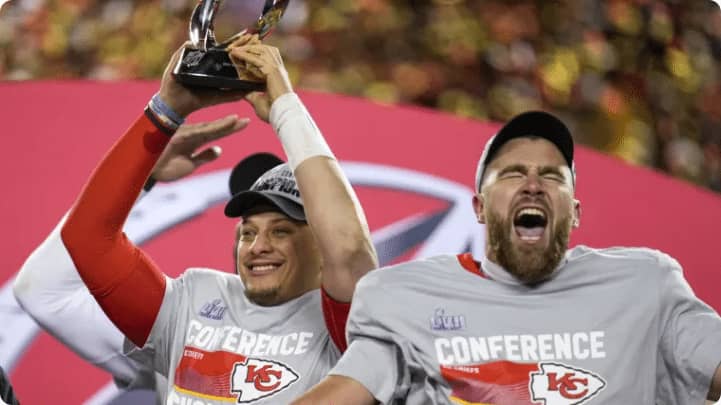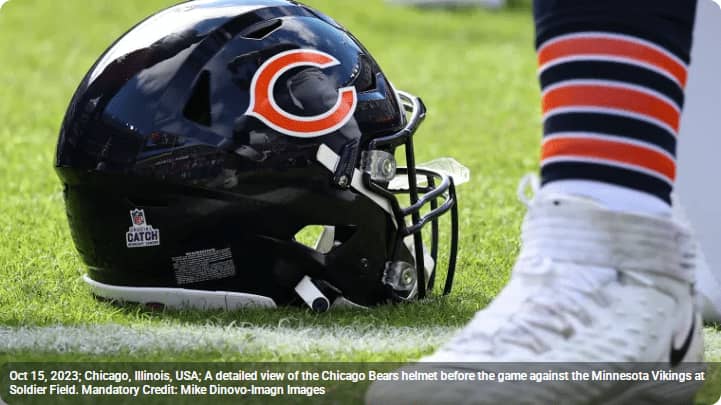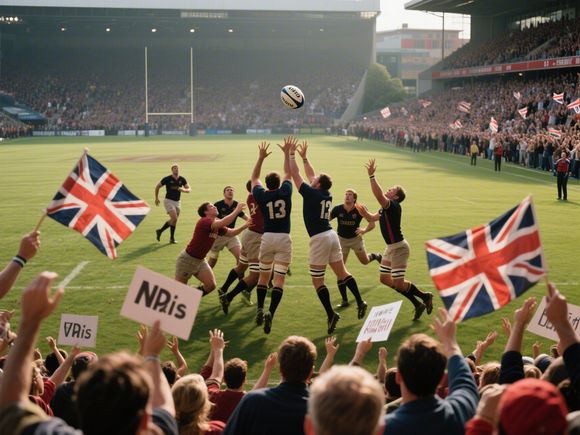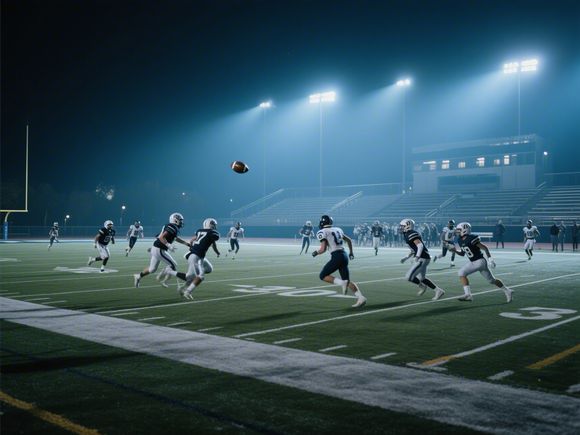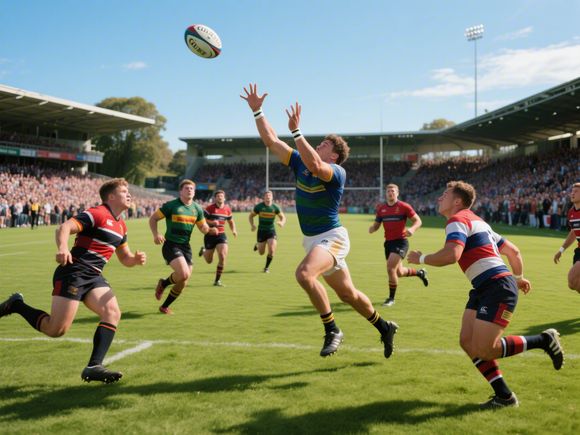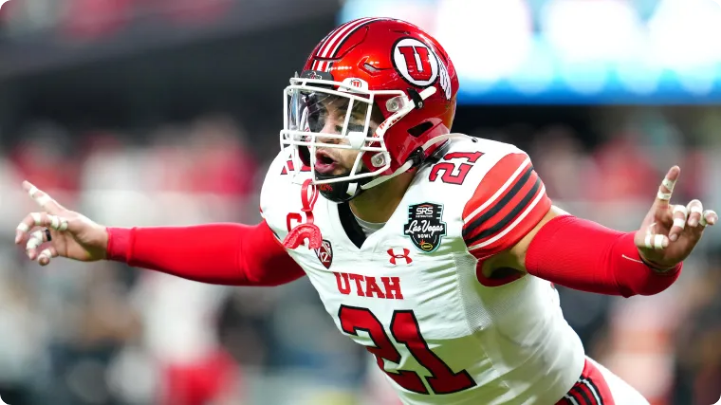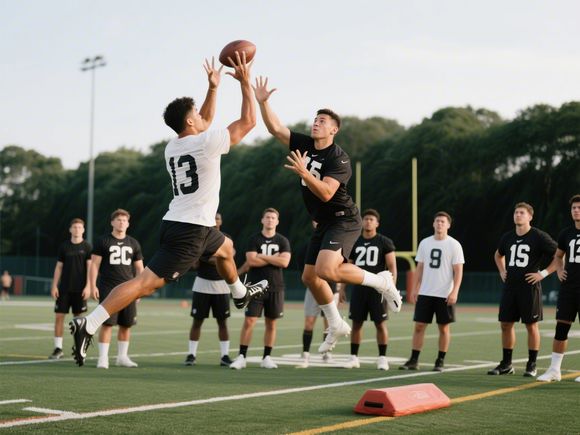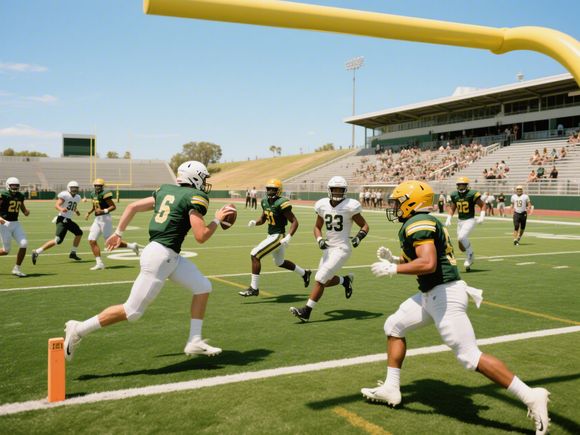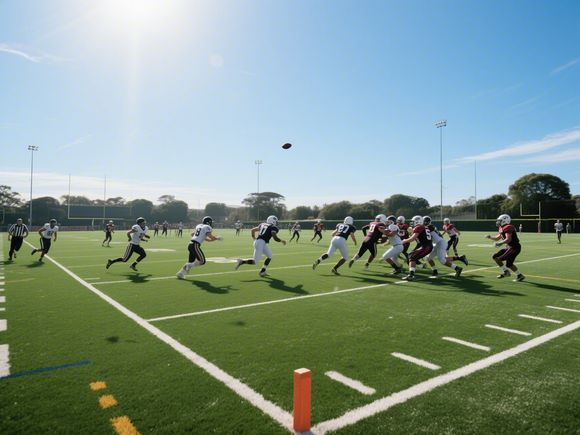Patrick Mahomes’ Olympic Ambition and the Global Rise of Flag Football
FEEL UNSTOPPABLE IN GEAR THAT MOVES WITH YOU.
From lightweight running shorts to moisture-repellent jackets – every piece is crafted for peak performance and head-turning style.
Need sports gear? Get it on sale now – discounts you can’t resist! <--ClickA Historic Moment for Flag Football
The 2028 Los Angeles Olympics will mark a pivotal moment as flag football debuts on the world stage. While Kansas City Chiefs quarterback Patrick Mahomes initially sparked excitement about representing Team USA, he recently announced his decision to step back, emphasizing a focus on mentoring younger athletes. This reflects both Mahomes’ leadership and the sport’s global evolution, with nations like Mexico, Canada, and China challenging traditional American dominance.
The Sport’s Evolution and Olympic Inclusion
From Military Origins to Global Recognition
Emerging in U.S. military bases during World War II as a safer alternative to tackle football, flag football gained traction through NFL initiatives promoting youth participation. Its 2028 Olympic inclusion—alongside cricket and squash—aligns with the IOC’s push for innovation and gender equality, with women’s teams outnumbering men’s for the first time.
Rules and Appeal
Flag football’s simplicity lies in its scoring system: advancing a ball into the end zone without physical tackles. Defenses halt plays by pulling flags from opponents’ belts, reducing injuries and enhancing accessibility. This format has fueled its growth as a non-contact, inclusive sport.
NFL’s Role and Player Participation
The NFL’s policy allowing one player per team to compete in the Olympics has been instrumental. While Mahomes cites age and NFL commitments as reasons for stepping aside, stars like Jalen Hurts (Philadelphia Eagles) and Ja’Marr Chase (Cincinnati Bengals) are emerging as potential Team USA contenders. Canada has bolstered its roster with NFL veteran Antony Auclair and CFL quarterback Michael O’Connor, leveraging professional experience to build competitive teams.
International Competitors and Rising Powerhouses
United States Dominance and Challenges
The U.S. remains the favorite, winning six of the last seven IFAF World Championships for men and tying Mexico for women’s titles. However, Mexico’s women’s team, led by NFL-promoted quarterback Diana Flores Arenas, stunned the U.S. at the 2022 World Games, securing a 39–6 victory.
China’s Rapid Development
China is rapidly building its program through grassroots initiatives like the Wenzhou provincial team, which has won back-to-back U18 national titles. This strategic focus positions China as a dark horse contender in the global arena.
The Road to Los Angeles
With the Olympics just three years away, nations are accelerating preparations. The NFL’s Pro Bowl has already adopted flag football, familiarizing players with the five-on-five format. The IOC’s sustainability focus ensures matches will utilize existing venues, including the Intuit Dome in Los Angeles.
Conclusion: A New Era of Inclusivity
Mahomes’ decision to mentor rather than compete symbolizes a shift toward fostering future generations. Whether Team USA can defend its dominance or China’s underdogs surprise the world, the 2028 Olympics will cement flag football’s place in global sports history.
Keywords
Patrick Mahomes, 2028 Los Angeles Olympics, Flag Football


